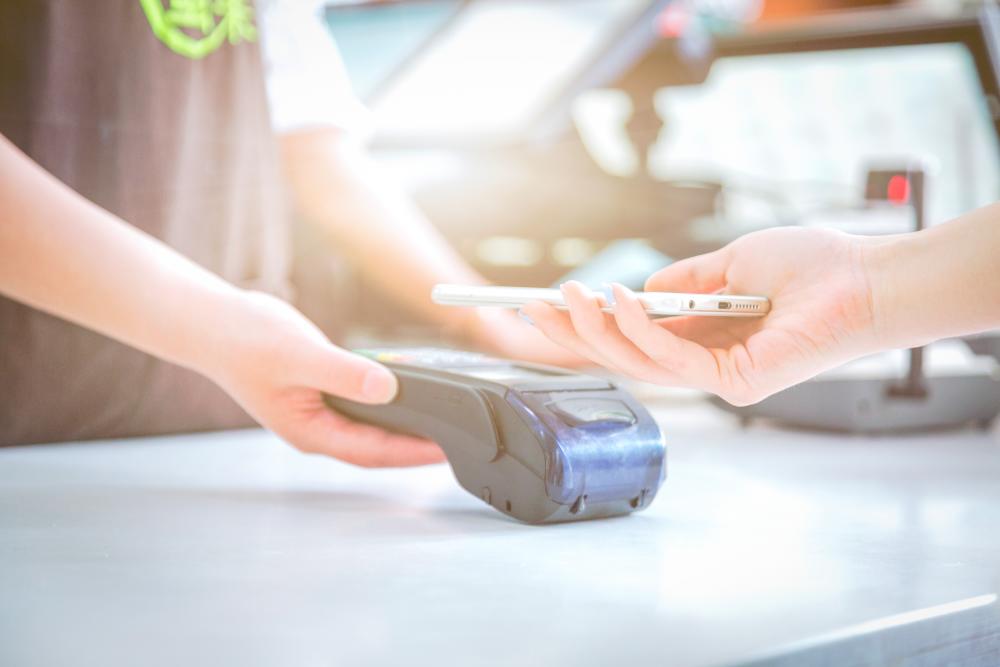PETALING JAYA: Consumer groups in Johor are urging businesses, service providers, and government agencies to keep cash payment options available, warning that moving entirely to cashless transactions could marginalise vulnerable communities.
According to The Star, Johor Bumiputera Consumer Association chairman Syed Abdullah Syed Mohamed highlighted the importance of inclusivity, emphasising that while digital payments represent the future, the transition must accommodate everyone.
ALSO READ: KTMB set to go cashless starting Jan 1, 2025
“Going cashless is the way forward, but we still have a long way to go before we become a truly cashless society,” he was quoted as saying.
He mentioned that although QR code payments are gaining popularity among consumers, businesses and public sector agencies should avoid making them the sole payment method.
“Businesses and public sector agencies should also consider senior citizens, those who are illiterate, and individuals who are not tech-savvy,” he said, citing a recent incident where an elderly man struggled to renew his passport because cash was not accepted. The man had to rely on someone else to make the payment digitally, reimbursing them later in cash.
He highlighted that not everyone owns a smartphone to access payment apps or possesses debit or credit cards, leaving many reliant on cash for transactions.
He shared an example of an elderly man who struggled to renew his passport at the Immigration Department because cash payments were not accepted.
The man ultimately had to request assistance from someone else to pay the RM100 fee digitally, reimbursing the amount in cash afterward.
“The issue with QR code payments also arises when the Internet is down. In such instances, cash becomes the best option,” he said.
Despite these challenges, he encouraged senior citizens to start using smartphones and QR code payments to adapt to the evolving landscape.
Md Salleh Sadijo, chairman of the Johor Consumer Movement Association, echoed these concerns, emphasising that fear and mistrust of cashless methods deter many elderly people.
He called on relevant agencies to address these anxieties by building confidence in the safety and reliability of digital payments.
“We are moving towards a cashless society and sooner or later, all of us will have to adapt,” he said, while also acknowledging the physical challenges older individuals might face, such as difficulty reading screens or entering amounts accurately.
Malaysia aims to achieve 90% cashless payments by 2025 through initiatives like MyDigital and the Cashless Society programme.
MyDigital, launched in 2021, seeks to transform Malaysia into a digital economy by 2030, including widespread adoption of electronic payments in government agencies.
The Cashless Society programme, meanwhile, targets small and micro-scale traders, equipping them to accept cashless transactions.









